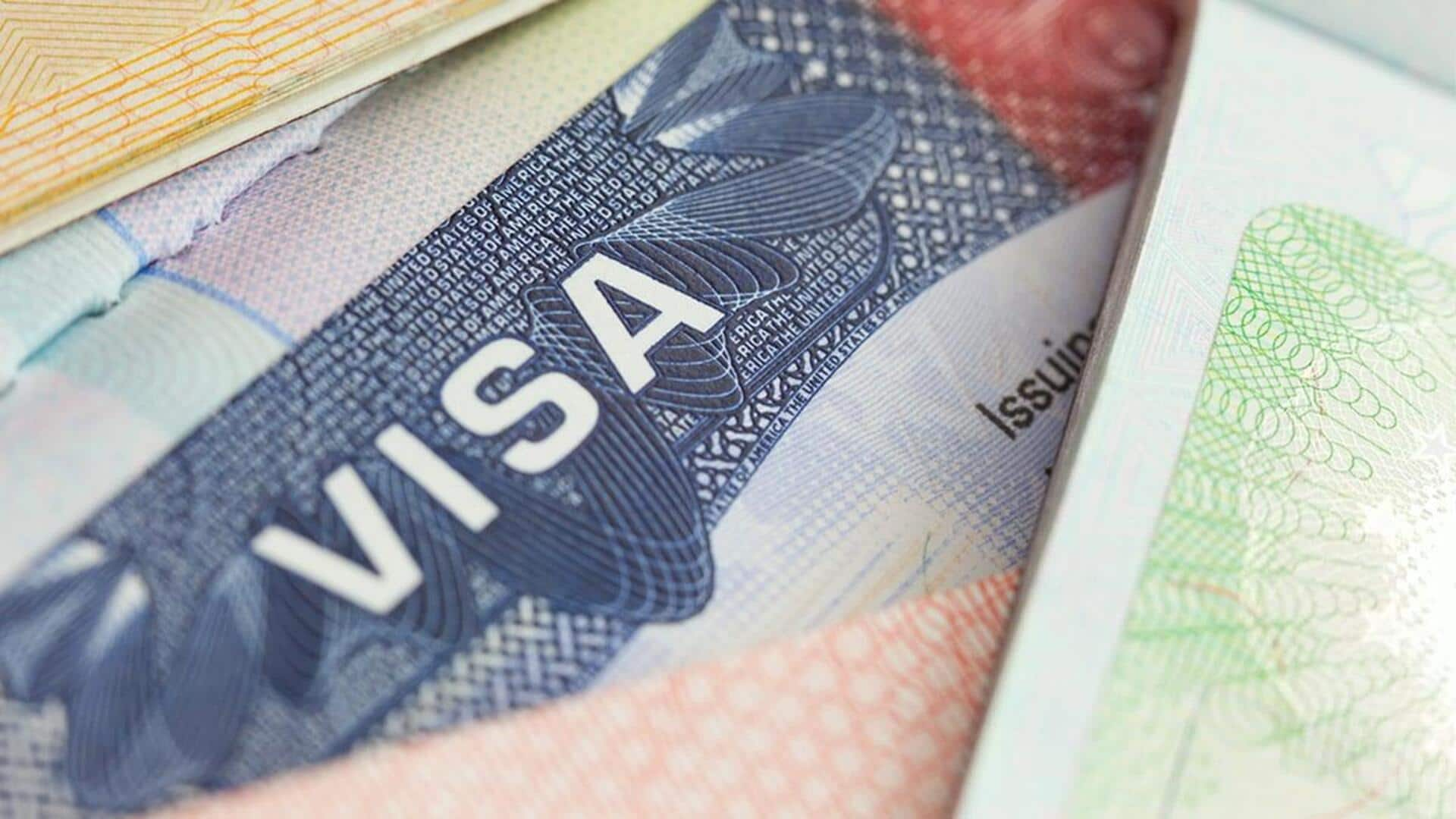
Cancer and diabetes patients might be denied US visas
What's the story
The United States may deny visas to immigrants with certain medical conditions, a report has said. According to KFF Health News, the guidance was issued in a cable sent by the US State Department to embassy and consular officials. The cable reportedly states that applicants' health must be considered during visa applications as they could become a "public charge" or burden on US resources due to their health issues or age.
Health criteria
Cable lists specific diseases to consider
The cable specifically mentions cardiovascular diseases, respiratory diseases, cancers, diabetes, metabolic diseases, neurological diseases, and mental health conditions as factors to consider. It also advises visa officers to consider obesity due to its potential links to asthma and sleep apnea. The guidance further directs officers to assess if an applicant could require expensive long-term care because of these medical conditions.
Comprehensive assessment
Assessing financial resources for medical treatment
The cable asks visa officers to consider if applicants can afford their medical treatment without US government assistance. It reads, "Does the applicant have adequate financial resources to cover the costs of such care over his entire expected lifespan without seeking public cash assistance or long-term institutionalization at government expense?" Family members' health is another factor in this assessment, especially if they require care that could affect the applicant's employment.
Controversial directive
Concerns raised over visa officers' ability to make health assessments
The new guidance has been criticized for its potential implications on immigrants. Charles Wheeler, a senior attorney at Catholic Legal Immigration Network, called it "troubling," arguing that visa officers aren't medically trained to assess applicants' future health needs. Sophia Genovese, an immigration lawyer at Georgetown University, said the directive could lead to speculation about applicants' medical care costs and employment prospects based on their health history.